The Research
This report was supported by ACAS who supplied up to date guidance throughout the process. The report discusses the employment practices and adaptations made for Neurodivergent (ND) staff in the workplace, and much more. It goes on to identify what has enabled ND staff to increase their productivity and describes how this was achieved simply by ensuring their different needs were being accounted for.
As a member of the ND community I am actively involved in campaigns aimed at tackling the difficulties in employment for ND adults as the focus of studies tend to be on ‘children’. Very few studies look at the impact being ND has on the individuals who have left the education system. For this reason alone I was excited to receive the advance copy of this report.
The document itself is quite long so I will try to highlight the main findings, and as I have never known how to keep opinions to myself I will also add, why in my view the recommendations in this report are vital for those who want to have the most productive, effective, innovative employment structures.
Language Barriers
Getting the language right is hugely important and I was impressed to see that this report is the closest thing I have ever seen to an accurate understanding of our differences. Although person first language is used in the report (something many autistics find insulting and harmful to people’s understanding of our fundamental differences). It was good to see that identity first language was also used throughout the report which made it more bearable to read. I have been known to stop reading books and reports which continuously refer to autism as an thing we ‘have’ because it unnecessarily medicalises us and encourages people to believe we are ‘ill’, ‘damaged’ or have something ‘wrong’ with us called autism which needs fixing. Obviously to many in the community the use of person first language is harmful to the community and we become disconnected with the authors. This report did not do this, it was actually a pleasure to read.
Neurodiversity &
Neurodivergence explained
Attention Deficit Disorder (ADD)/Attention Deficit Hyperactivity Disorder (ADHD), Autism Spectrum Disorder (ASD), Dyslexia and Dyspraxia/Developmental Coordination Disorder (DCD). I accept that looking at all the other related conditions would have made the study too large for what it was aiming to do and accept that the line had to be drawn somewhere, I personally feel there are more developmental conditions which should be considered in further, larger scale studies. The report is still relevant to all ND groups as the recommendations and conclusions seem to apply to all of us.
More than just one condition
or diagnosis
In one case one of the respondents is noted as saying that to her it was important:
“… to support that person as an individual, you know, rather than needing a label for it’ because ‘even if you've not got a disability, people work in different ways so just understanding your individual people, your workforce, and how they work best surely is just what you should do anyway?’ [E]. (Page 15)
As a coach and advocate I have come across this many times myself and often wonder how it is that with the knowledge we have in today’s society about ND differences, people still feel the need to try to pigeonhole us into neat little boxes. I myself am diagnosed as autistic, dyslexic, dyspraxic and much more, when employers try to account for me they can not achieve it by accounting for my conditions, they have to know how my Neurodivergent nature impacts me; in both negative and positive ways or they will not get the best out of me. I was pleased to see that throughout this report a holistic view of Neurodivergent differences was prioritised over that of each diagnostic label.
The Research Questions
- How can neurodivergent employees best be recruited, trained, supported and retained?
- What makes for the most effective management of a neurologically diverse workforce?
- Are neurodivergent employees vulnerable to disciplinary action/dismissal by their employers owing to their condition? Why? Can anything be done to reduce this?
- How can the risk of disciplinary action/dismissal be minimised?
- Does the issue of disclosure of neurological conditions raise any problems?
- How can staff awareness of neurodiversity be improved and how can employers become ‘disability confident’ with regard to neurological conditions?
In my experience as an advocate and supporter within the Internet based neurodivergent communities these are all valuable questions which are worthy of research, I personally would like to add one more question which would require a much larger scale study to be conducted. That question would be; what effect have disciplinary procedures/dismissal had on the neurodivergent individual’s ability to qualify for out of work benefits and gain adequate state support to enable them to re-enter the job market?
When we are excluded from the workplace we become burdens on the state because if our differences are not accounted for and we cannot maintain paid employment we then encounter issues with claiming benefits, this has a knock on effect with housing and could possibly be a factor as to why neurodivergent people are overrepresented amongst the prison population as one assumes they have to survive somehow.
Personal Highlights
The Benefits of A Neurodiverse Workforce are confirmed
“… some clients would also have dyslexia and having an understanding of this was important to ensure that the firm met their needs. Clients may not disclose their condition, but having someone within the firm who identified the need to communicate with them in an appropriate way could help to build a good relationship with the client.” (Page 35)
As the report also highlights that a common feature amongst the ND working age population is that of loyalty. What retail business, organisation, or agency wouldn’t want to make it easier for us to spend money with them? When people take our needs into account we can be the most loyal customers they could ever get. It is a false economy to not employ a neurodivergent workforce.
Working To Our Strengths
“The requirement to carry out some of the low-level tasks that he found difficult reduced as he reached a higher level in the organisation and he was instead able to demonstrate his strengths in areas that he excelled at. He noted that there was a difference between being expected to fit into a role and being able to define the role. Being able to define a role made it possible for an employee to use their skills to make a positive contribution to the organisation, rather than their contribution being constrained by whether they were able to fulfil low-level tasks. He recognised that it was important for junior staff to gain experience of all tasks and to be organised, but also felt that it was important to recognise that employees would vary in their ability to carry out certain tasks if they had a neurological condition”. (Page 36)
The Report's Conclusions
However, certain actions do need to be taken to improve employment for those with a neurological condition. Greater awareness and understanding of neurodiversity through training of all employees as well as increased visibility through employee networks, mentoring and role-models can greatly aid the employment experience of neurodivergent individuals. Furthermore, employers will need to put adjustments in place, adapt roles and organise things differently in order to successfully employ neurodivergent staff. When employers are aware of their employees’ neurological conditions, the onus to implement support should be on the employer rather than the individual, as would be the case for non- hidden disabilities.
Employers need more information on the adaptations that might be required. This would enable them to make more informed employment decisions and might break down some of the barriers, at least for some. Adaptations do not necessarily have to be complex or costly and combined with fostering greater tolerance and acceptance of diversity will bring advantages to the employer as well as for their staff. Moreover, diagnosis of a condition is not the necessary starting point for support; if employers have sufficiently high awareness they can put measures into place to support their employees without the need for formal identification of a condition.
It is also crucial for employers to be aware that these neurological conditions are spectrum conditions. Characteristics will vary across individuals and how they cope with the associated characteristics of their condition will differ at points in time. Ultimately, the employer needs to gain awareness and a good understanding of the person separate to the label of their condition.” (Page 51)
My Thoughts
How To Make The Most Of This Report
On the positive side, those of us who frequent the social media platforms know full well that we can argue till we are blue in the face but having an official study to add as a link to your ‘opinion’ really does help to enable people see that it is not just you shouting about your own personal, subjective, experience. It is mass scale discrimination which desperately needs to be tackled if we are ever to enter, and make a success of, the employment market.
The Neurodivergent Mind is the
Greatest Untapped Resource on Earth.
Lets help more employers realise this so that they can
open up more opportunities to the ND community and gain all the benefits of having a truly diverse workforce themselves.
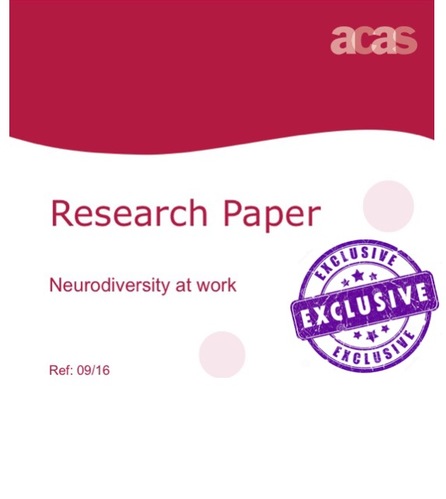
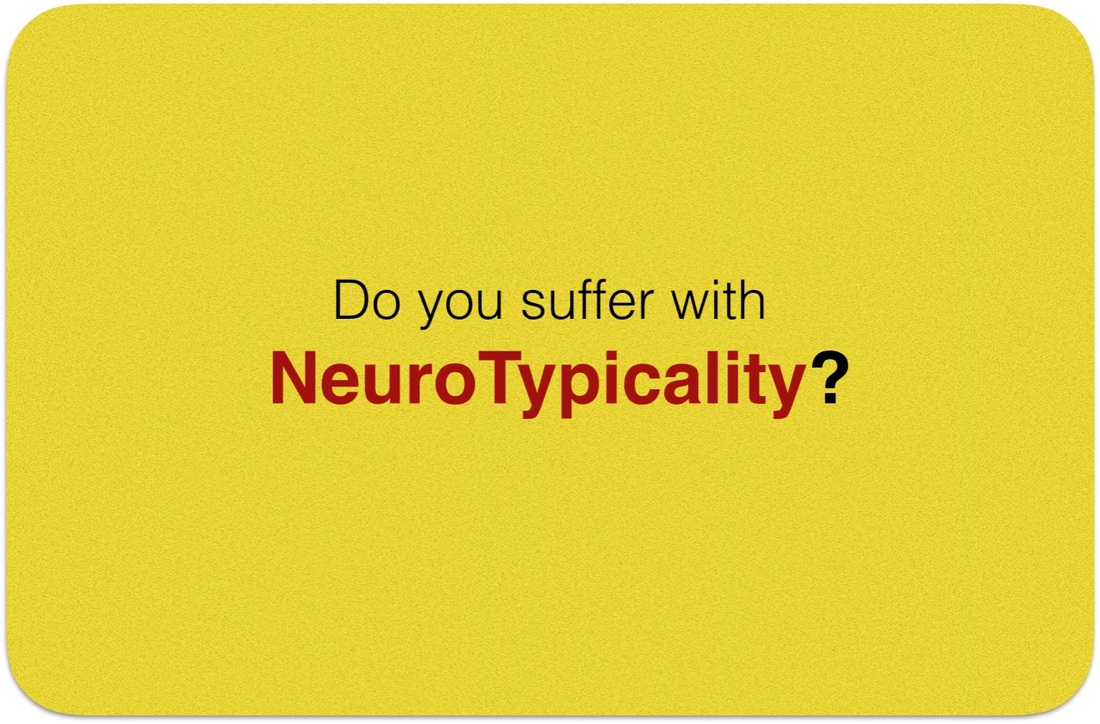
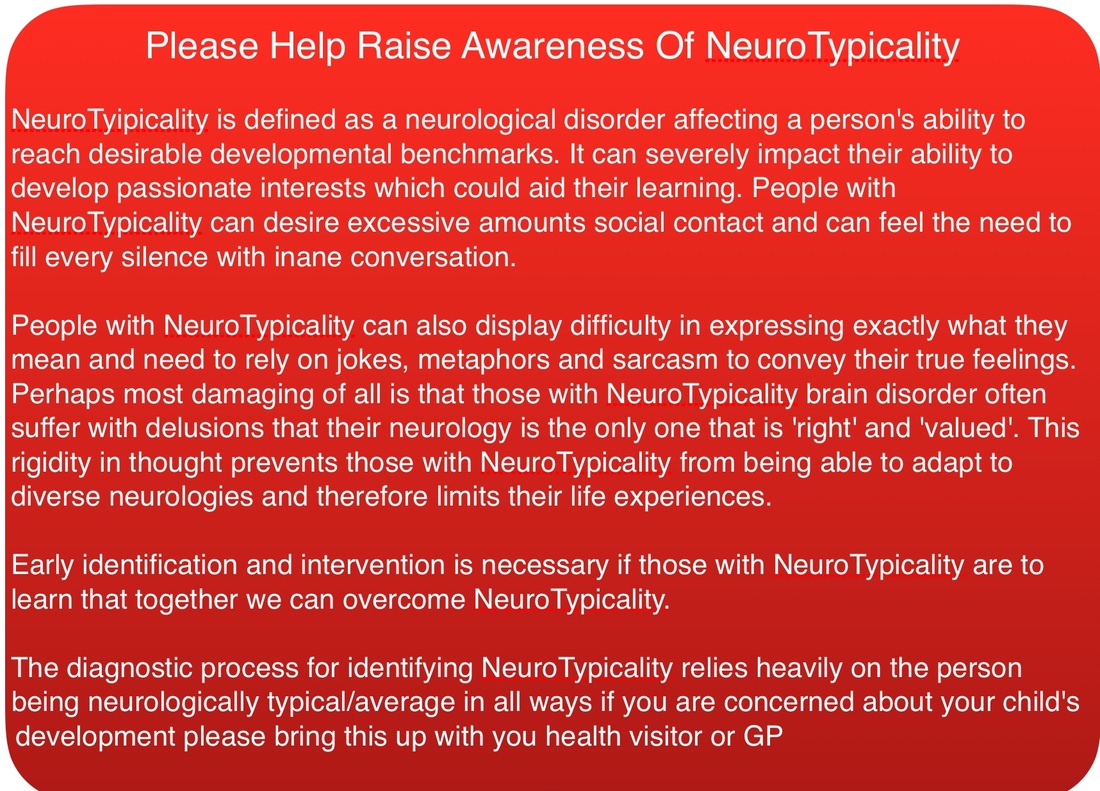
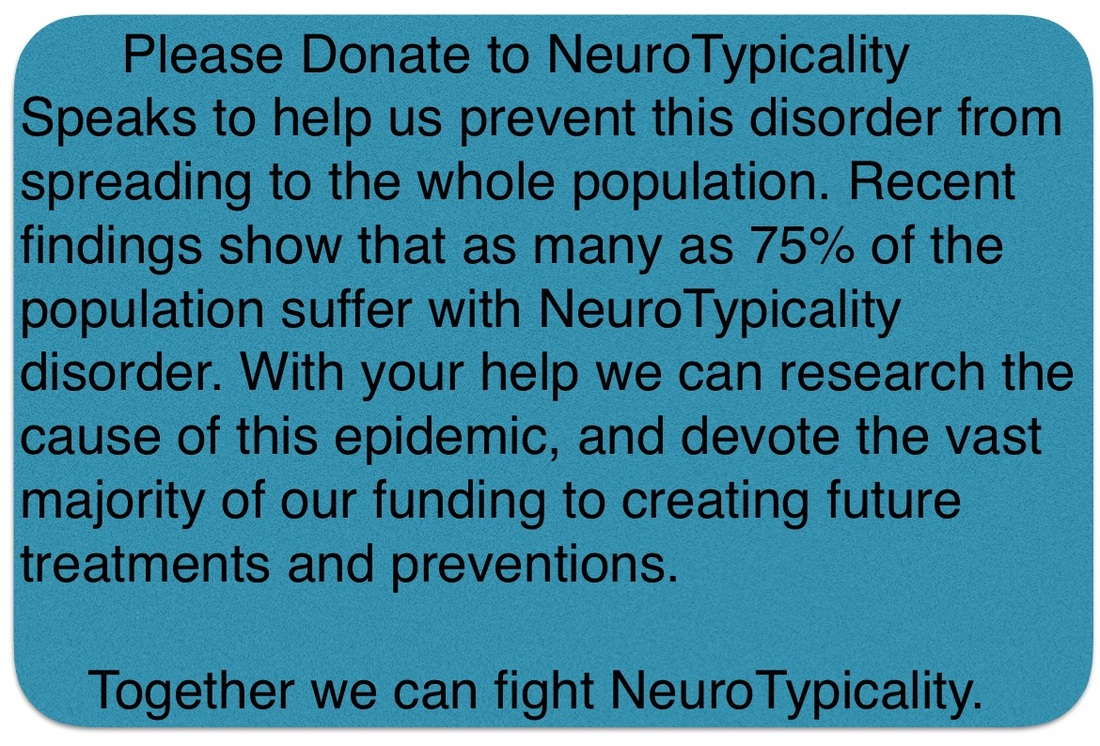


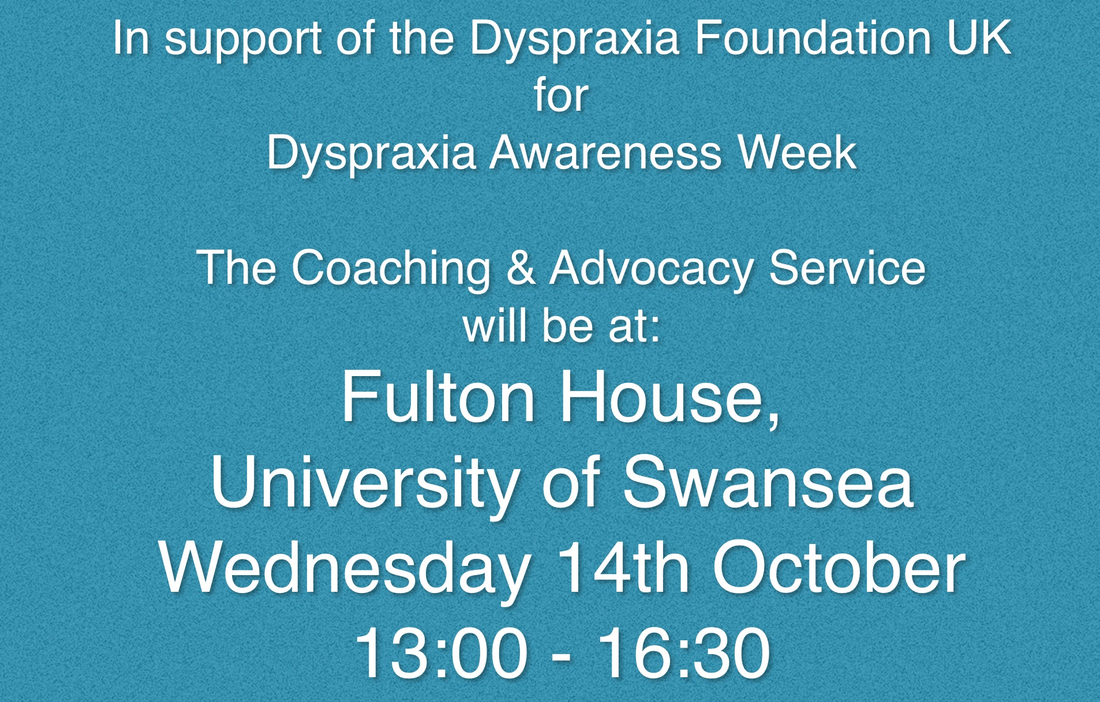
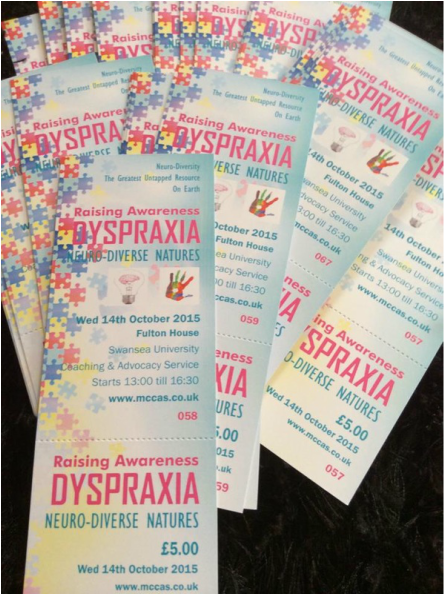
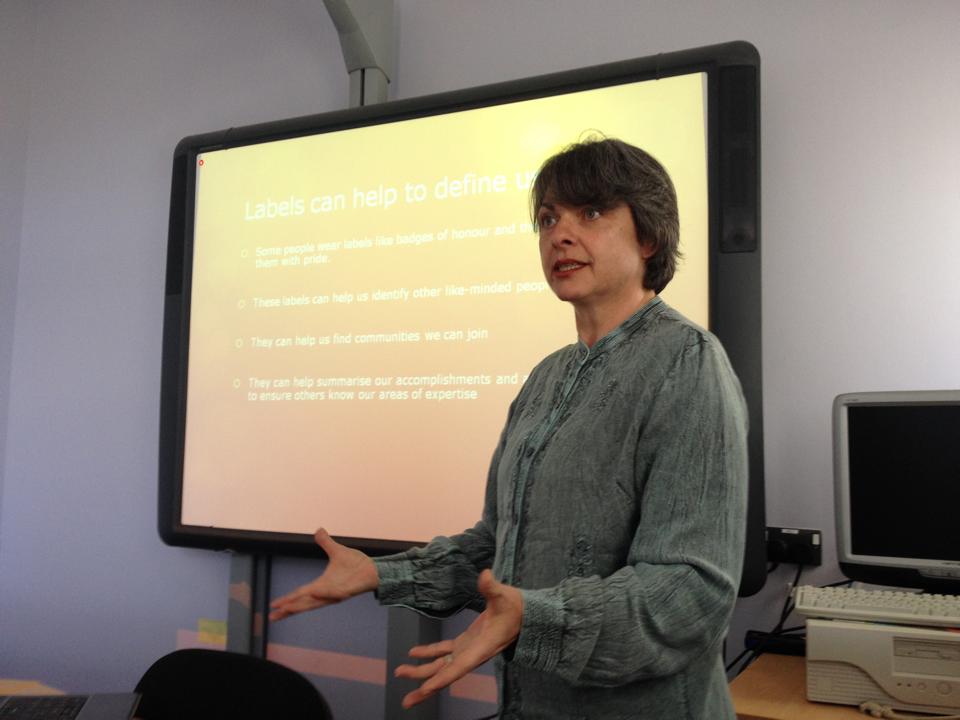
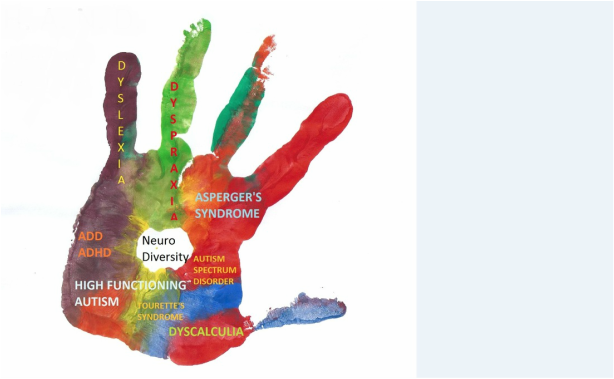
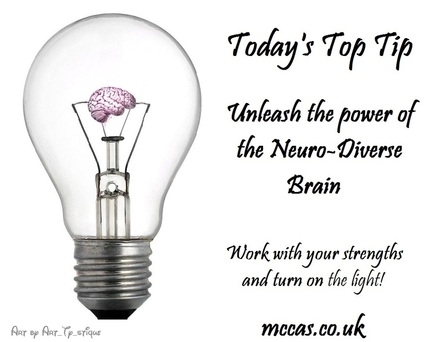

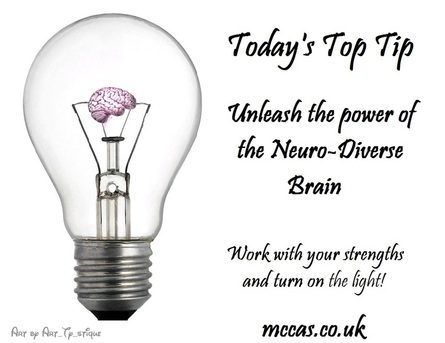

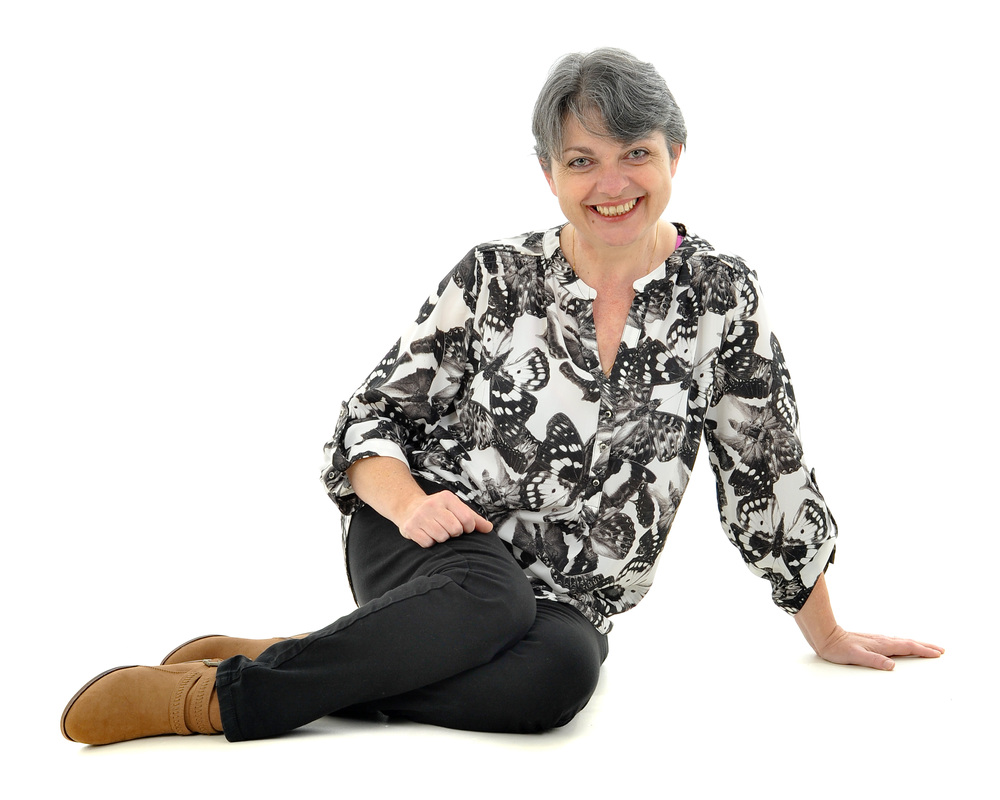

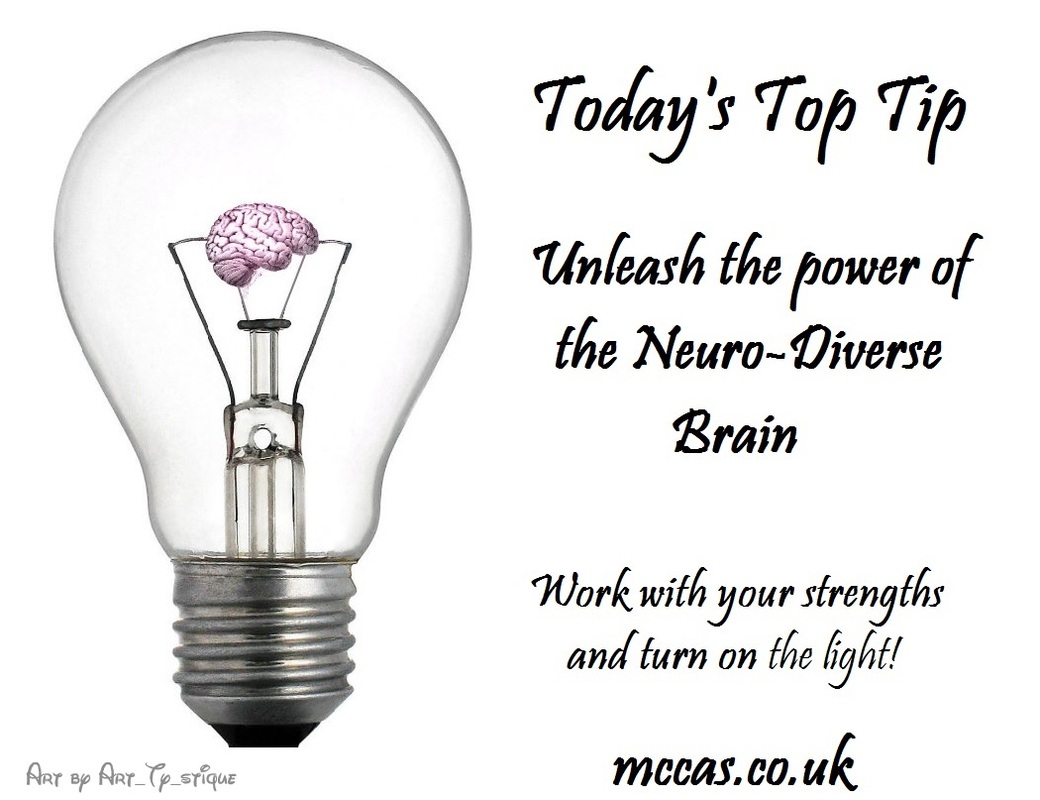
 RSS Feed
RSS Feed
